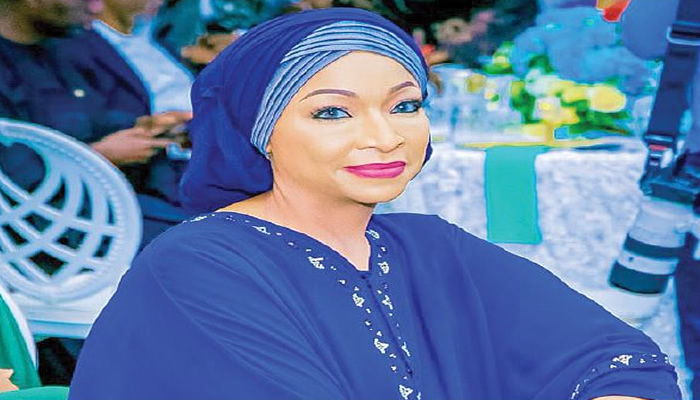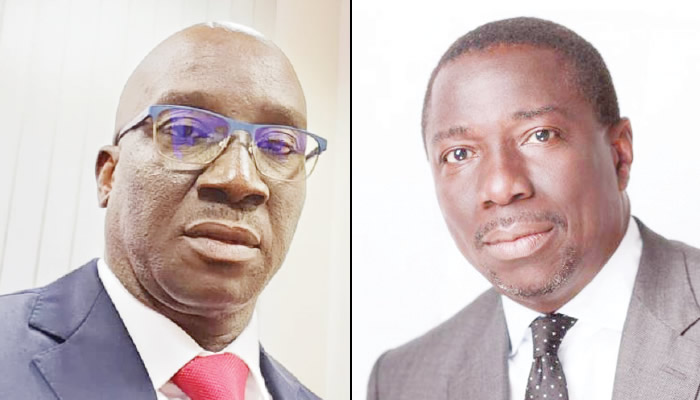The Federal Government has outlined plans to generate at least $100bn annually and create over two million jobs from Nigeria’s creative economy. This ambitious goal was revealed by the Minister of Art, Culture, and the Creative Economy, Hannatu Musawa, during a roundtable event with local and international investors in Lagos on Wednesday.
Musawa expressed concern over the underperformance of Nigeria’s creative industry, which currently contributes only $5bn to the economy. Despite its vast potential, the industry contributed just 1.2% to Nigeria’s GDP in 2022, far behind other African nations such as Egypt (4.3%), South Africa (3.0%), and Morocco (2.7%). Additionally, Nigeria’s ability to generate government revenue from the sector remains at 1%, compared to South Africa’s 12.5%.
To drive growth in the sector, the minister announced an eight-point roadmap aimed at boosting government revenue to between $10bn and $20bn. The strategy revolves around 14 key initiatives, structured under four pillars: technology, infrastructure and funding, international cultural promotion, and intellectual property (IP) monetisation.
Musawa explained that the government plans to provide discounted digital tools for creatives, launch the Nigeria Content Distribution Initiative, and expand internet access to underserved areas. Infrastructure development will focus on assessing and enhancing existing facilities while encouraging public-private partnerships to fund new projects.
The government also intends to promote Nigerian arts and culture on the global stage through embassies and leverage the African Continental Free Trade Area (AfCFTA) to boost exports. On the intellectual property front, the ministry will develop globally recognized collection management organizations, implement IP frameworks, and collaborate with the Nigeria Communications Commission to enforce copyright standards.
Musawa emphasized that with these initiatives, Nigeria’s creative economy could grow by 400% by 2027, significantly contributing to long-term economic development. She added that several partnerships and initiatives are already in motion to ensure the realization of these goals.





